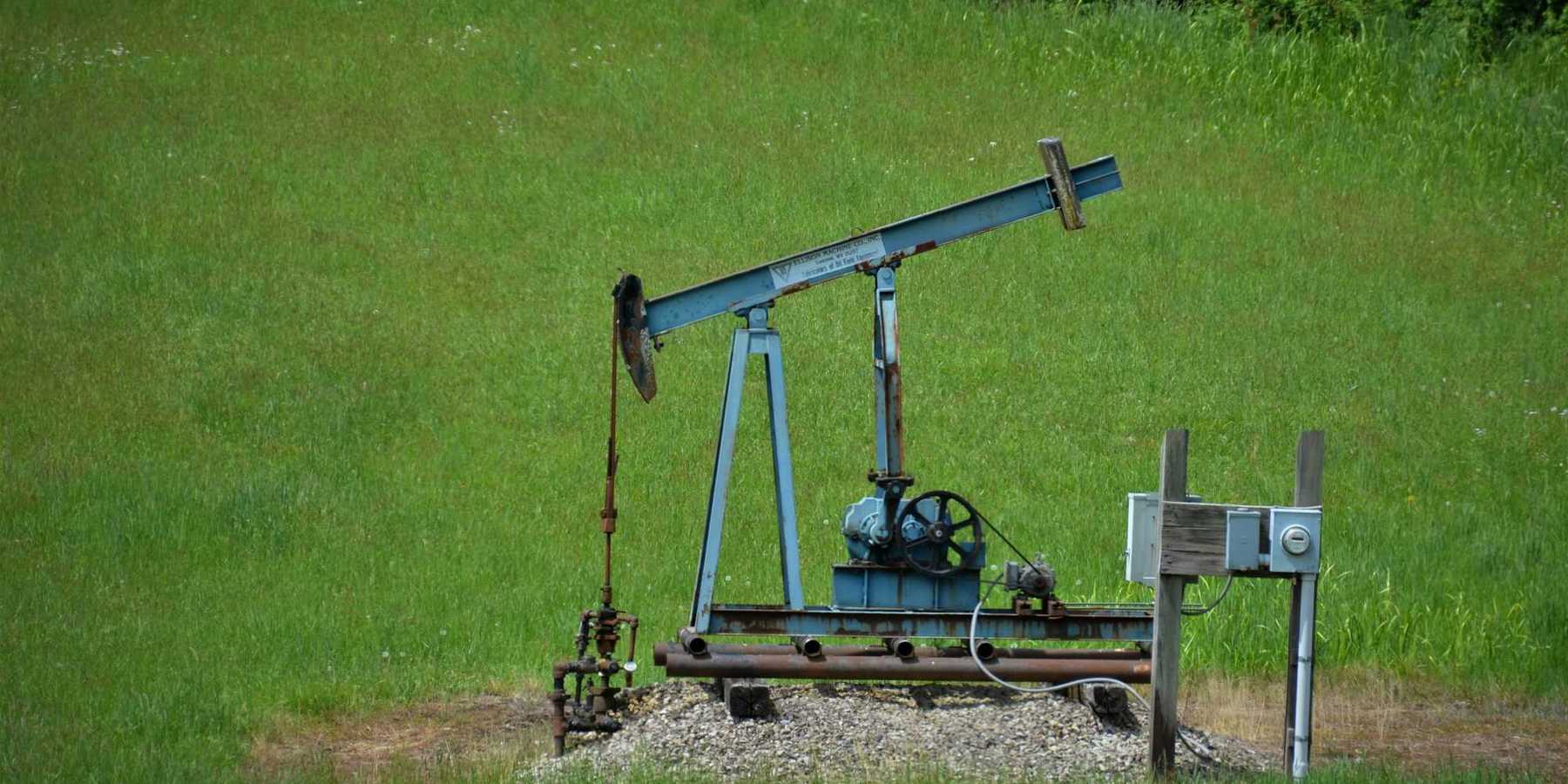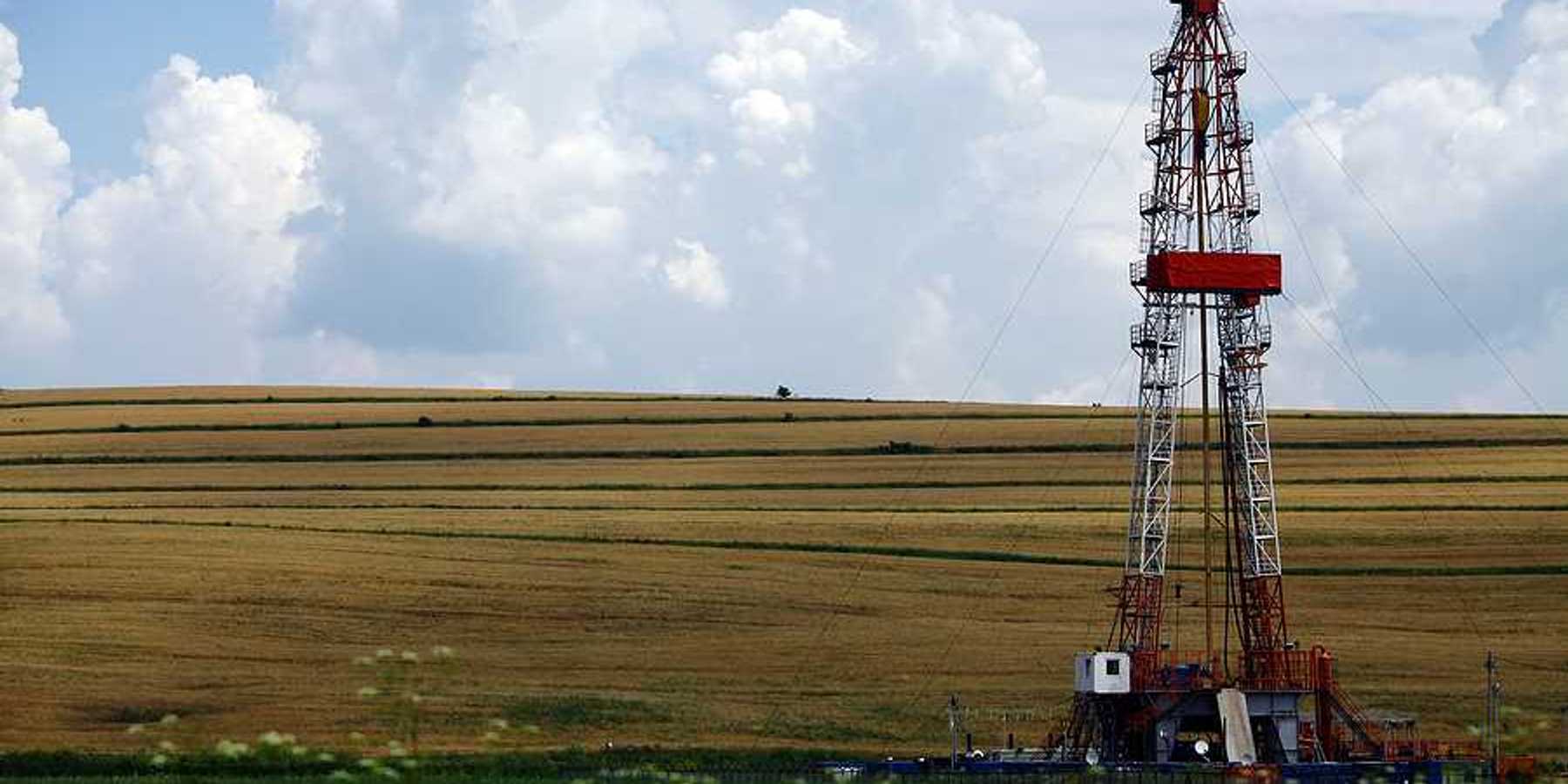Petrochemical company faces hefty fines for 2019 explosions in Texas
A Texas petrochemical company has agreed to pay more than $30 million in fines and penalties for Clean Air Act violations following explosions in 2019 that injured workers and forced mass evacuations.
In short:
- The 2019 explosions at TPC Group's plant in Port Neches, Texas, forced the evacuation of over 50,000 people and released over 11 million pounds of hazardous substances.
- The U.S. Justice Department announced the company will pay $30 million in criminal fines and civil penalties and spend $80 million to enhance safety and risk management.
- The explosions caused more than $130 million in offsite property damage, impacting human health and the environment significantly.
Key quote:
"Today’s guilty plea shows that businesses that choose to place profits over safeguards and legal compliance will face serious consequences."
— Damien M. Diggs, U.S. Attorney for the Eastern District of Texas
Why this matters:
This case highlights the serious health and environmental risks associated with petrochemical plant safety failures and reinforces the importance of regulatory compliance to minimize future incidents. Read more: Texas has more chemical emergencies than any other state and they’re disproportionately affecting Latino communities.













